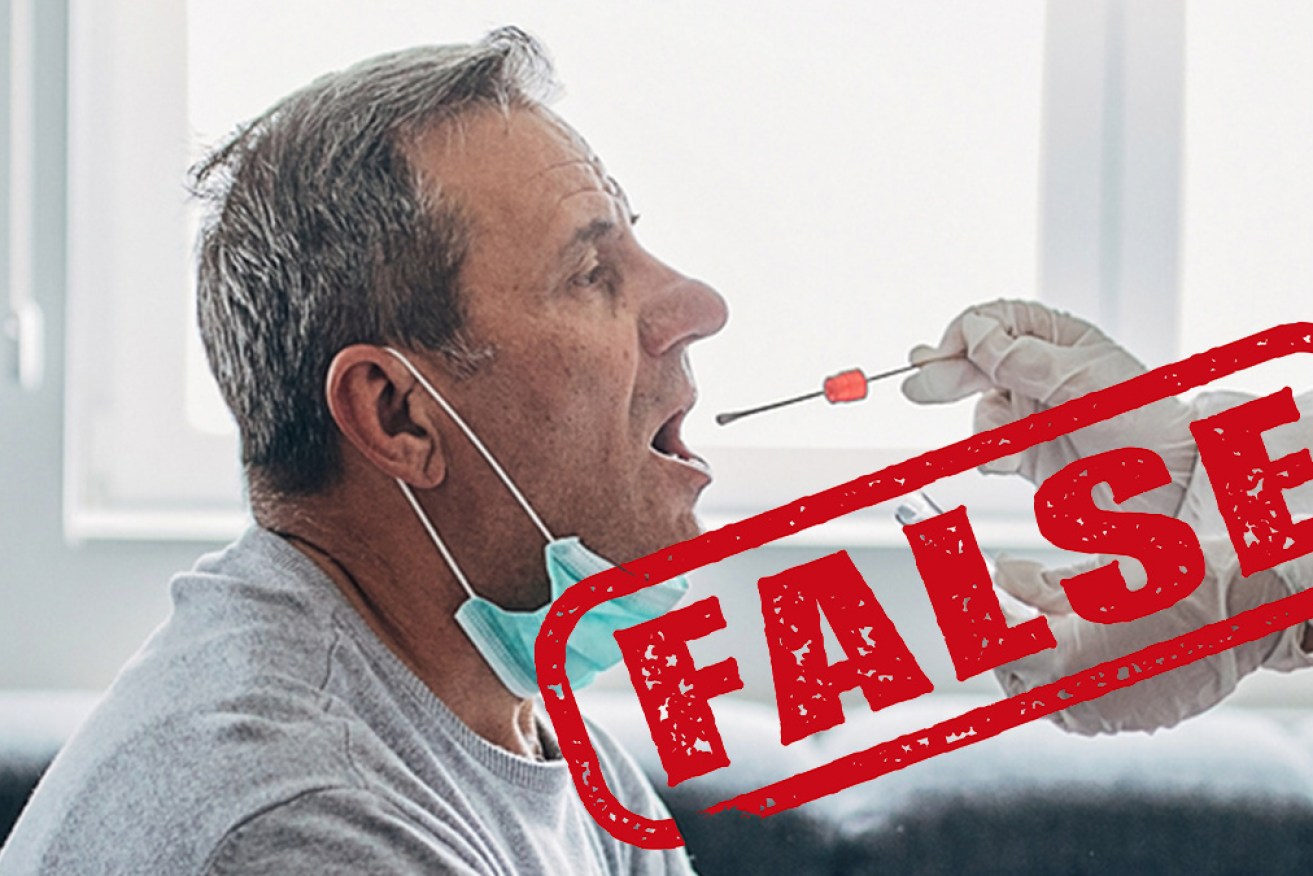‘Very rare’: Experts explain Nathan Turner’s false positive coronavirus test


Experts say we shouldn't doubt the accuracy of COVID-19 tests after a Queensland man returned a false positive result. Photo: TND
The death of Nathan Turner from coronavirus sparked panic in a small Queensland mining town, where no cases had previously been reported.
But Queensland health authorities revealed the flu-like symptoms that ended the 30-year-old’s life at his Blackwater home was not COVID-19.
And on Tuesday, Australia’s coronavirus death toll was revised down after further tests on Mr Turner’s body returned negative results.
So how did this happen?
Annette Boase, Blackwater resident and friend of Mr Turner’s fiancee Simone Devon, told the ABC that “everyone wants answers”.
“Is it the testing, is it the people conducting the testing?” she said.
“The family need an explanation to why this happened, how it happened and how can this not happen again to another family and another town?”

Blackwater locals are angry after health authorities confirmed resident Nathan Turner did not die of COVID-19. Photo: AAP
And the biggest question for Australian health authorities: What if Mr Turner’s false positive test was not the only one?
‘False positives are very rare’
There’s no need to panic – our tests are working just fine, according to Bruce Campbell, editor-in-chief of pathology testing website Lab Tests Online.
“The data show that these new nucleic acid tests, the diagnostic tests, are usually very specific,” Dr Campbell told The New Daily.
“False positives are very rare. It’s a very unusual situation to get a false positive test.”
The retired pathologist said false negative tests, when a test fails to detect a condition when it is present, were “more dangerous” because it meant contagious people were being released back into society.
This is why doctors will often test a suspected coronavirus case twice if the patient’s first result is negative.
Dr Campbell said while it was too difficult to speculate why the initial post-mortem test on Mr Turner returned a positive result, the sample might not have been as accurate given the 30-year-old was already deceased when it was taken.
“If the patient was deceased, perhaps the sample might not have been as good … but it’s very uncommon,” he said.
He added the pressure on manufacturers to rapidly develop tests meant a large number of them had been approved “without having had the full comprehensive evaluation that they would’ve had in a non-urgent situation”.
He also said there were at least three different strains of coronaviruses circulating in the population that caused common illnesses like the seasonal flu or common cold, so it was possible Mr Turner may have had another coronavirus instead of COVID-19.
False positives a sign of success?
Jason Steel, lecturer in immunology at CQUniversity, said the detection of Mr Turner’s false positive test “speaks highly of the success of our testing program”.
“Positive tests are almost always re-tested so that we can catch these false positives,” Dr Steel told The New Daily.
“This is the system working. So I think rather than casting doubt on the numbers, I think it probably reaffirms the testing.”
He said the initial test of Mr Turner would have been conducted via a swab, while the second test would have been conducted during an autopsy where the doctors would have had much better access to the back of his throat or lungs, meaning their second result would likely be more accurate.
Dr Steel also said no coronavirus test was perfect.
“If the test is 99.9 per cent accurate that means that 0.1 per cent of tests are not accurate,” he said.
“In Queensland we have tested over 200,000 people so just on this number alone, over 200 people would test incorrectly even in the most ideal situations.”








